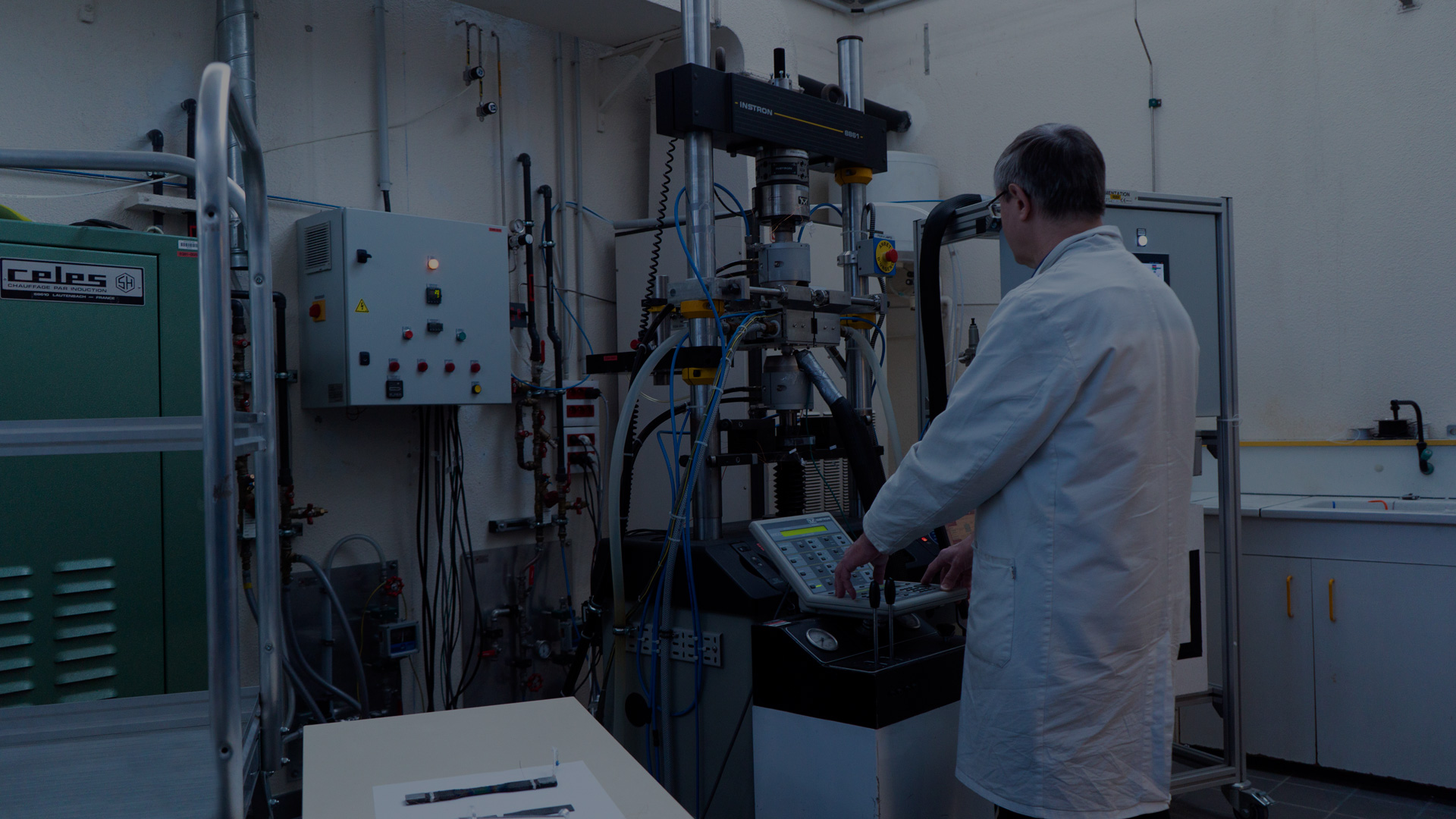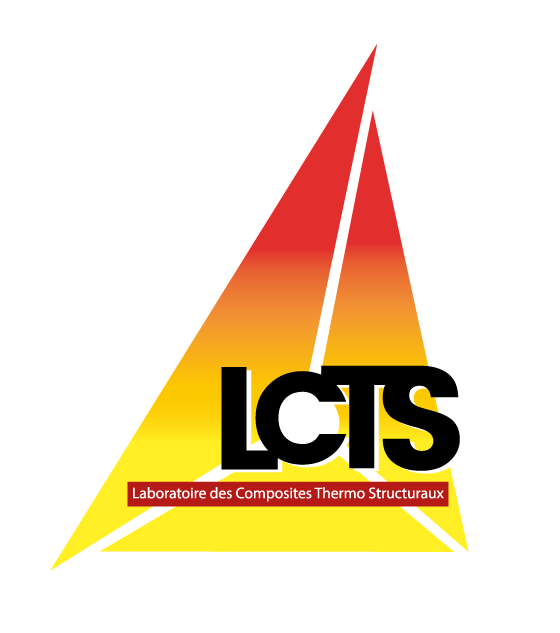
Common services
These services are paramount for the correct operation of the lab.
-
Safety & Security
-
Quality Service
-
Computers & Network service
-
Training service
-
Administrative service
The main risks at LCTS are related to ceramic-matrix composites processing, both because of the source products (flammable, hazardous, corrosive or toxic liquids and gases) and of the involved processing facilities (reactors with high-temperature, near-vacuum or high pressures, with large electrical power stations).
The mission of the Safety & Security Service is to avoid risks by the direct involvement of the concerned personnel and by the handling of a double academic and industrial approach of safety. Our Health, Safety, Security and Environmental issue handling method is based on the compliance with legal and regulatory requirements and on the training of the whole staff, especially the interns and PhD candidates.
The Prevention Deputy drives the Security Council, itself constituted of some ten lab members with various statuses and missions and heade by the Lab Director. The identification of new potential risks and off improvement directions is carried out through the semestral security inspections made with Security Deputies of all four stakeholders. Interviews with staff members, events and incidents tracing in the Health & Security Register, a weekly « Security status update » also contribute to the improvement of safety in the lab. The Health, Environmental Interaction and Safety aspects of all chemicals and technical facilities are handled in the internal products and devices management system.
Team
M. BOISSERIE
The industrial nature of some stakeholders of LCTS, namely Safran Ceramics and CEA, induces the necessity to comply with the assurance of procedure follow-up and results quality. This is why LCTS has implemented, in partnership with these industrial associates, a set of quality, heatlh, security and environment compliance routines.
Quality at LCTS (following ISO 9001 standards) is here to serve all permanent and temporary personnel and to facilitate everyday life in the lab. The development of « good practices » is a priority in the following domains :
- to favor scientific creation
- to secure knowledge and know-how assets,
- to ensure traceability and robustness of the results.
Ad-hoc computer software has been developed to keep trace of every chemical, lab facility, sample, coupon, as well as of all internal and external document. The software tools can also produce tailored indicators to measure the progress of the Quality roadmap.
Quality manager
T. MALARD
Team
A. ALLEMAND
N. BERTRAND
M. BOISSERIE
S. COUTHURES
R. FISCHER
The computers & network service is in charge of the logistical support to research facilities, of the systems & network administration, of technical assistance to users and of software development.
Actual tasks of the service are :
- Management of the lcts.u-bordeaux.fr Internet domain
- Management of webmail resources
- Management of this website and of intranet resources
- Videoconferencing services
- Management of a heterogeneous lot of 180 computers
- User support
Manager
T. MALARD
Continuous training is the immediate adapatation to the workstation necessities and to the foreseeable evolution of practices and missions, the improvement or the acquisition of skills.
The Direction of LCTS and its stakeholders pay attention to the necessity that its permanent and temporary staff members have correct mastery of techniques and processes they have to use and implement in their function, encouraging them to follow ad hoc training. They put an emphasis on safety and security of persons and equipment. A voluntary policy on continuing education has been followed during many years with the yearly collection of training needs, working in close cooperation with the Continuing Eduction services of CNRS and University of Bordeaux. Moreover, LCTS contributes on its own budget to training sessions which are considered as a priority and that would not be assumed directly by the stakeholders, mostly those related to Security, like « fire extinguishers manipulations », « first aid » and « first intervention responder ».
Responsible
S. JOUANNIGOT
The Financial and Administrative Service carries out the following tasks :
- Managing financial resources attributed to the lab
- Handling purchases
- Preparing Contracts and Missions
- Reception and Support to newly hired human resources
- Archiving and handling of documentary resources
- Handling and managing Infrastructure and Common Facilities
- Reporting to the lab stakeholders
The service has to comply with the rules defined by all stakeholders and with legal and regulatory requirements, while seeking to take advantage of the possibilities provided by each stakeholder in order to optimize its financial and calendary efficiency.
Thus, it contributes to setting up human and technical resources for the freshly started research projects in the best delays and the lowest expense.
Administrator
R. FISCHER
Administrative staff
C. DUHAU
F. DUCASSE

